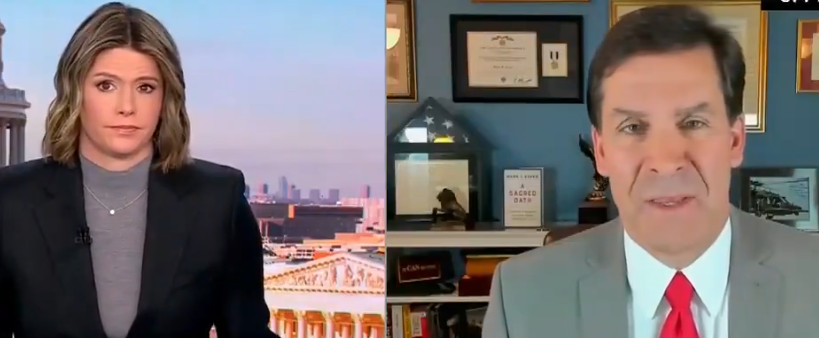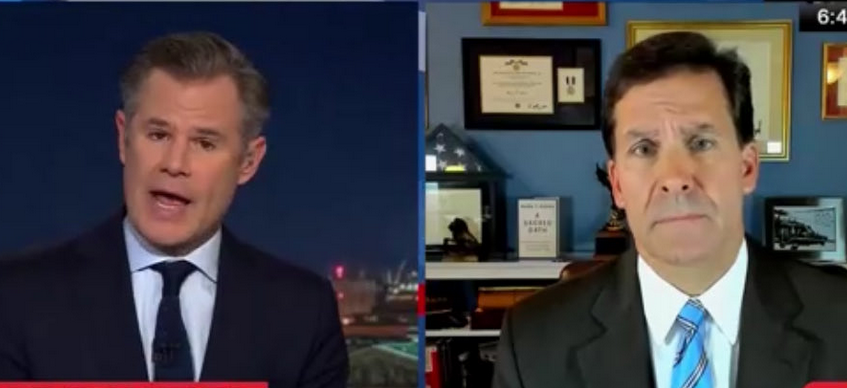Interview with Axios' Hans Nichols hosted by Florida's Forum Club of the Palm Beaches Mark Esper says, "Extreme Partisanship is the biggest threat to US."
Interview with Axios' Hans Nichols hosted by Florida's Forum Club of the Palm Beaches.
Extreme partisanship from members of both political parties is the greatest threat currently facing the U.S., former Defense Secretary Mark Esper said on Wednesday during an interview with Axios' Hans Nichols hosted by Florida's Forum Club of the Palm Beaches.
Why it matters: The past few years have seen a deepening political divide in the U.S. that, with the events of the Capitol riot, showed the propensity to spillover into violence.
- Earlier this year, the Justice Department created new unit to investigate acts of domestic terrorism following repeated warnings from government agencies that the threat of and investigations into such acts have increased since 2020.
What they're saying: "The greatest threat facing our country today is here at home. It's extreme partisanship from both sides of the aisle that is hurting our political discourse, the social fabric of our country and our democracy," Esper said.
- Referring to a presidential run by former President Donald Trump in 2024, Esper said it would "bring all that coarse language and all that, you know, attacking people from — not just Democrats, but Republicans — and that's not what our country reason that needs right now," he added.
- America needs leaders from both sides of the aisle "who will lift us up," he said, adding that "we can still have serious debates about the size of the defense budget or student loans."
- "We need civil discourse that's polite."
- Esper added that Republicans must "stop this fratricide" stemming from Trump and the "MAGA crowd."
- "We should be talking about Democrats and we should be putting forward a positive policy agenda and not sniping at one another," Esper said.
The collapse of the brutal Assad regime may not be the last domino to fall in this region. Iran is now the weakest it’s been in decades with the apparent loss of its Syrian client state; the collapse of its Axis of Resistance, especially Hezbollah; and the continued economic, social, and political duress the regime imposes on ordinary Iranians. Might this corrupt theocracy be the next regime to fall? Let’s hope. Watch the Interview Here .
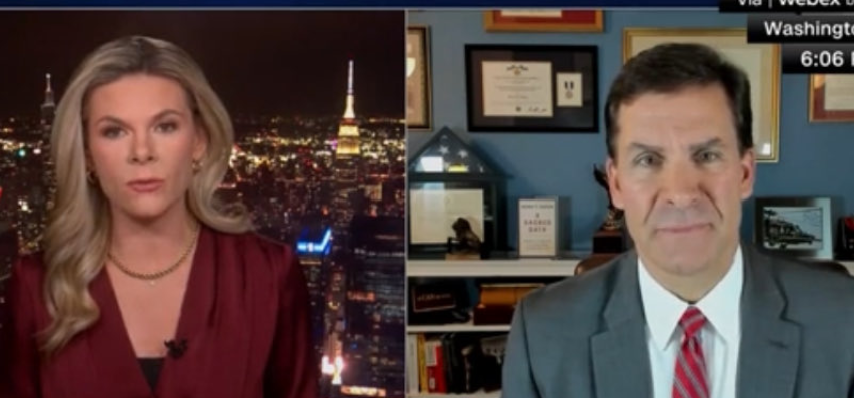
As I noted yesterday, Damascus will fall if Assad flees. This morning it is believed that Assad has left the country and the rebels control the capital. The question now is “who” and “how” will Syria be governed? Right now we should celebrate Assad’s fall and this strategic defeat for Russia and Iran. Watch the Interview Here.
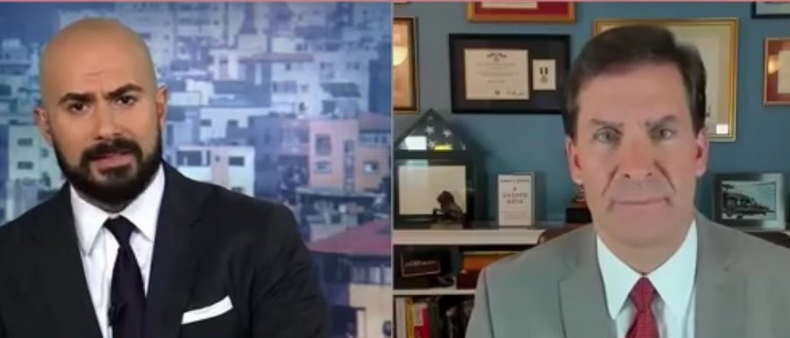
Implementation — specifically, ensuring Hezbollah doesn’t return forces to the south of Lebanon as they did in violation of the 2006 UN resolution that ended that conflict — is critical to the success of this agreement. Glad that Israel asserted the right to enforce this agreement via the IDF if violations do occur. Watch the Interview Here.


